A complete map of the neurons inside the brain of a fruit fly larva is the largest example of a whole-brain “connectome”, and is a stepping stone to describing the brains of more complex animals, including mice and humans.
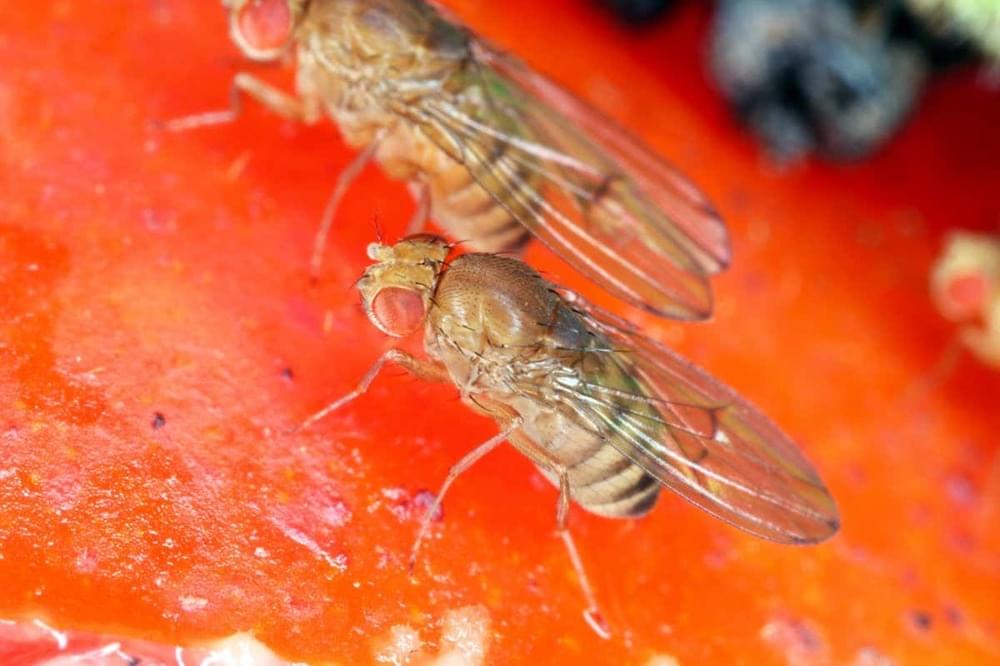


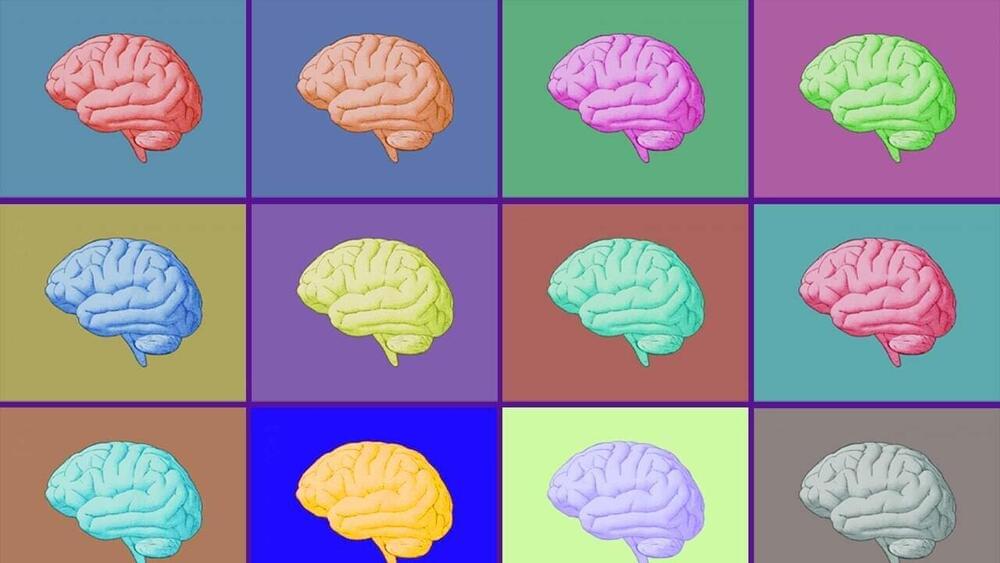
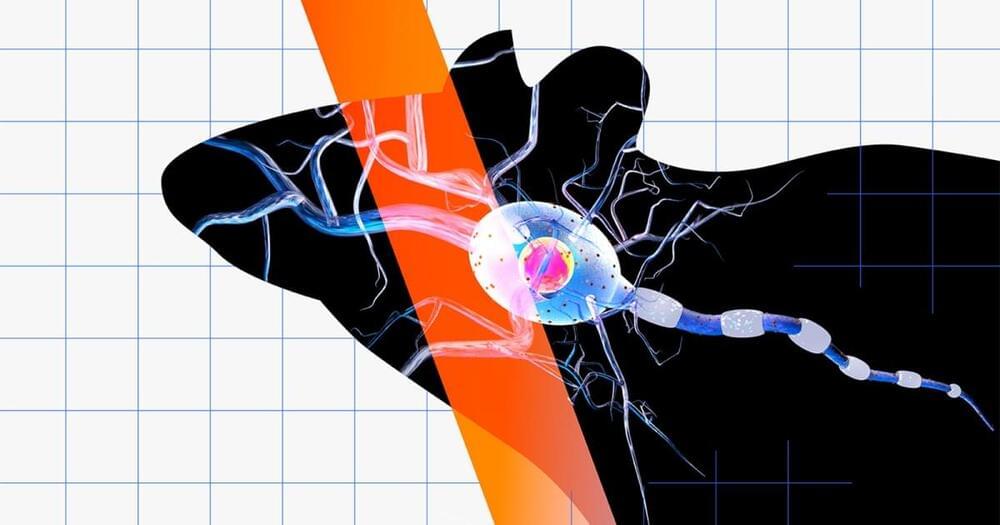
Researchers at Stanford and Singapore’s Nanyang Technological University (NTU) have developed a technique for controlling neurons from a distance, without invasive implants.
By injecting a molecule called TRPV1 — which helps us sense the heat in capsaicin chili peppers — into the brains of mice, they could control specific brain cells from up to one meter (about three feet) using infrared light beams.
The ability to impact neurons, without invasive surgical methods or tethers sticking out of skulls, could help researchers study the brain during more normal behavior, like mice socializing together.
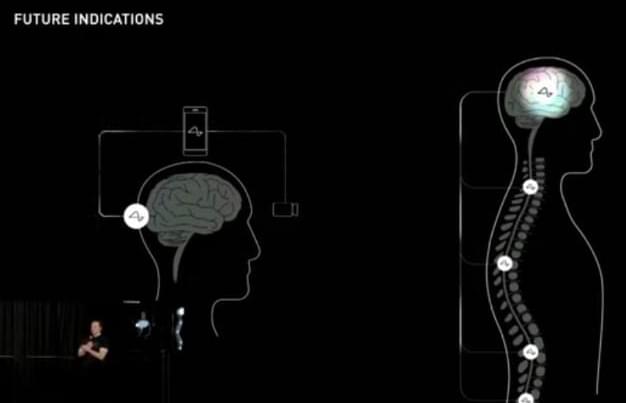
Elon Musk is confident that Neuralink will be able to restore vision in humans who are blind and full body functionality in humans who have a severed spinal cord.
Neuralink, another of Elon Musk’s companies, held its Show & Tell on Wednesday, and many revelations were shared in the live stream. One of those revelations included restoring vision even if someone was born blind. And also restoring full body functionality to someone with a severed spinal cord.
Elon Musk founded Neuralink to answer the question, “What do we do if there is a superintelligence that is much smarter than human beings? How do we, as a species, mitigate the risk or, in a benign scenario, go along for the ride?”

Examinations using microscopes confirmed that these neurons were active in the mice with chronic pain. When the researchers used chemicals to stop the neuronal activity in this cortex, the mice’s appetites improved.
Similarly, when the researchers used chemicals to activate these neurons in mice that weren’t in pain, the animals ate less, even if they had been deprived of food before the experiment.
This is the first time that researchers have traced the brain mechanisms behind pain-related appetite loss, the researchers wrote.
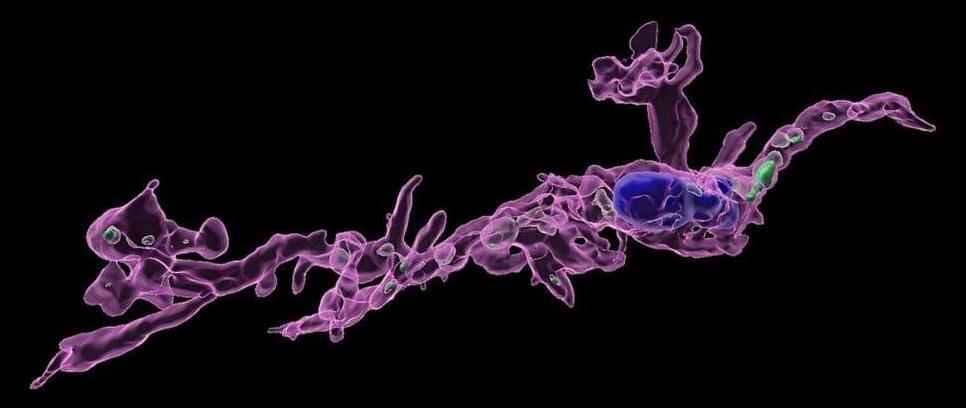
Excess fat triggers immune cells to overeat serotonin in the brain of developing male mice, leading to depression-like behavior. More than half of all women in the United States are overweight or obese when they become pregnant. While being or becoming overweight during pregnancy can have potential health risks for moms, there are also hints that it may tip the scales for their kids to develop psychiatric disorders like autism or depression, which often affects one gender more than the other.
What hasn’t been understood however is how the accumulation of fat tissue in mom might signal through the placenta in a sex-specific way and rearrange the developing offspring’s brain.
To fill this gap, Duke postdoctoral researcher Alexis Ceasrine, Ph.D., and her team in the lab of Duke psychology & neuroscience professor Staci Bilbo, Ph.D., studied pregnant mice on a high-fat diet. In findings appearing November 28 in the journal Nature Metabolism, they found that mom’s high-fat diet triggers immune cells in the developing brains of male but not female mouse pups to overconsume the mood-influencing brain chemical serotonin, leading to depressed-like behavior.
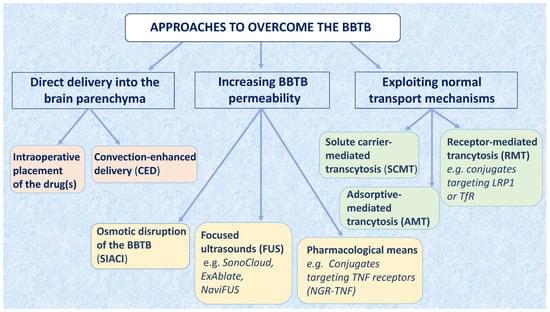
Tumors affecting the central nervous system (CNS), either primary or secondary, are highly prevalent and represent an unmet medical need. Prognosis of these tumors remains poor, mostly due to the low intrinsic chemo/radio-sensitivity of tumor cells, a meagerly known role of the microenvironment and the poor CNS bioavailability of most used anti-cancer agents. The BBTB is the main obstacle for anticancer drugs to achieve therapeutic concentrations in the tumor tissues. During the last decades, many efforts have been devoted to the identification of modalities allowing to increase drug delivery into brain tumors. Until recently, success has been modest, as few of these approaches reached clinical testing and even less gained regulatory approval.

Summary: Empathy is induced by synchronized neural oscillations in the right hemisphere of the brain, a new mouse study reveals.
Source: Institute for Basic Science.
A research team led by Dr. SHIN Hee-Sup at the Center for Cognition and Sociality (CCS) within the Institute for Basic Science (IBS) in Daejeon, South Korea has discovered the underlying neural mechanism that allows us to feel empathy.
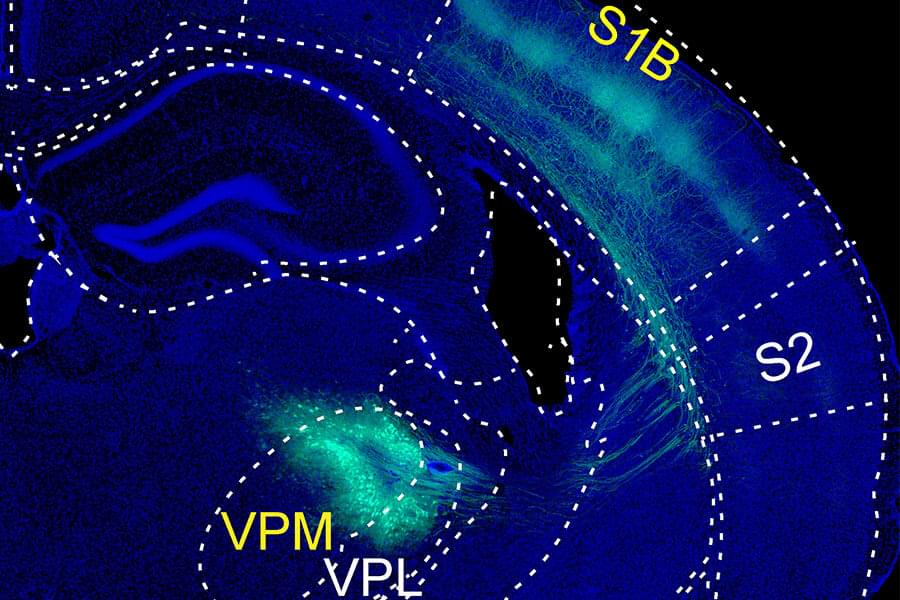
When we press our temples to soothe an aching head or rub an elbow after an unexpected blow, it often brings some relief. It is believed that pain-responsive cells in the brain quiet down when these neurons also receive touch inputs, say scientists at MIT’s McGovern Institute for Brain Research, who for the first time have watched this phenomenon play out in the brains of mice.
The team’s discovery, reported Nov. 6 in the journal Science Advances, offers researchers a deeper understanding of the complicated relationship between pain and touch and could offer some insights into chronic pain in humans.
“We’re interested in this because it’s a common human experience,” says McGovern investigator Fan Wang. “When some part of your body hurts, you rub it, right? We know touch can alleviate pain in this way.” But, she says, the phenomenon has been very difficult for neuroscientists to study.